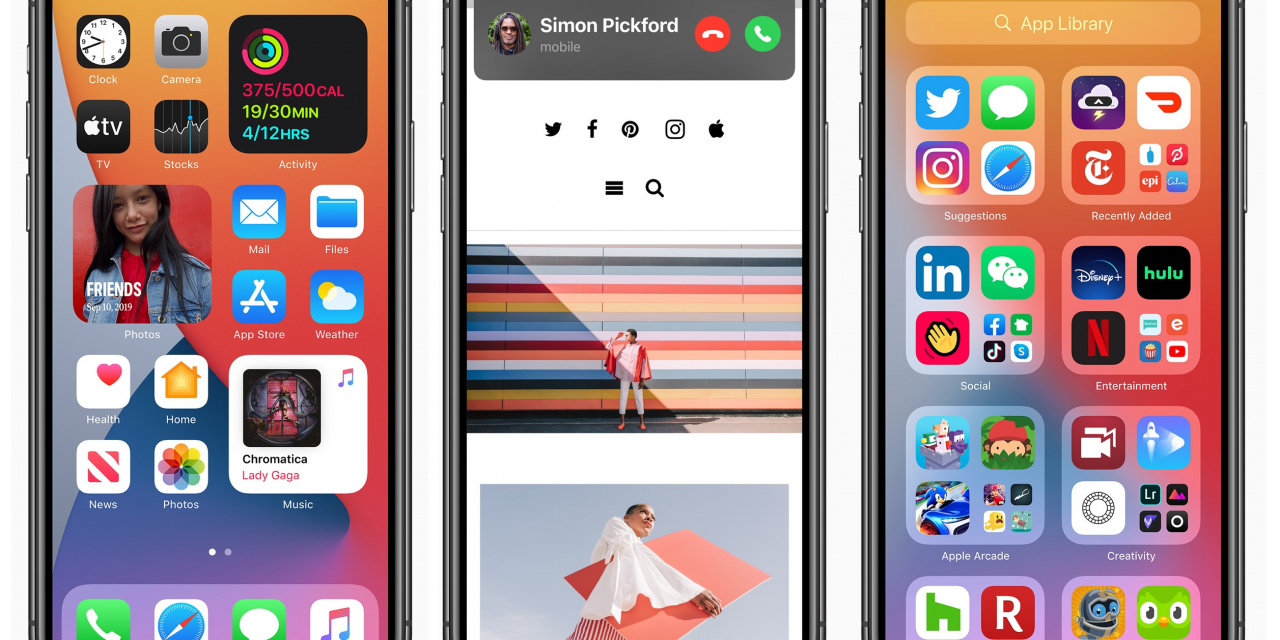It feels like every September I start a blog post about it being Tech-tember, and this one is no different.
This time it’s the guaranteed headline grabber and, arguably, the biggest mobile manufacturer in the world, Apple, who have only managed to bring out a budget device this year.
Niceties over, the headline is there for a reason. It strikes me that Apple is not ready for 5G, nor have any intention to be. If the iPhone has demonstrated anything, it’s that doing something right is better than doing something first.
Despite the efforts of competitors, namely Samsung and Huawei, the iPhone is the first device anyone thinks of when fingerprint readers, quality cameras and facial recognition are mentioned. That’s because they do it well. Embracing features is something Apple will only do once they know users will want them and won’t need a lot of assistance to use them.
But it strikes me that Apple is at a crossroads now. No longer able to push the boundaries of screen size and user experience without losing its customer base that loves simplicity, the technology giant has split its device line up into iPhone and iPhone SE.
Now, Apple has a new decision to make and it revolves around 5G.
The problem with 5G is one forged by sales. Mobile phone sales are stagnating, if not declining and a pandemic and thousands of redundancies will not help that.
For networks, 5G presents a huge opportunity to shift devices and sell contracts as the early adopters and the must-haves rush to make use of the latest airwaves. However, those usages are still yet to be fleshed out, with only Samsung making a point to find use cases for their 5G devices.
That approach is fine for Samsung, who’s latest device has a USP of cloud gaming over 5G. The South Korean manufacturer has thrived by introducing features every year with a risk of failure, most notably insecure fingerprint readers and exploding batteries.
The closest Apple has come to such a blunder is the easily bent iPhone 6 and the iPhone 4S that you could block all the antennas when holding it; both of which were down to user error according to the Californian giant.
Regardless of whether or not Apple have the capability to introduce 5G to the iPhone, it doesn’t strike me as a technology Apple want this year either. Yes it would boost sales, but the beauty of having an exclusive operating system is that those users that need an upgrade will get an iPhone and those that want one will also get the latest device. Therefore there is little necessity for having a USP that, frankly, there isn’t the use cases or the coverage for a consumer to justify the purchase.
Whether we will get an iPhone 12 this year remains to be seen, but what we will focus on is the cellular capabilities and how Apple goes about releasing the 12th edition of their most successful product. It’ll be a bold move to miss a year but not one I’d put past Apple and I’d put money on the announcement of an iPhone 12 similar to the 11 and bypassing a ‘Pro’ range.
Yet, as we go through the same 12 months iPhone speculation, I come to the same conclusion time and again. The question I’d prefer to be debating is not ‘When will the iPhone get 5G? but ‘How will the iPhone make the most of 5G?’










Recent Comments